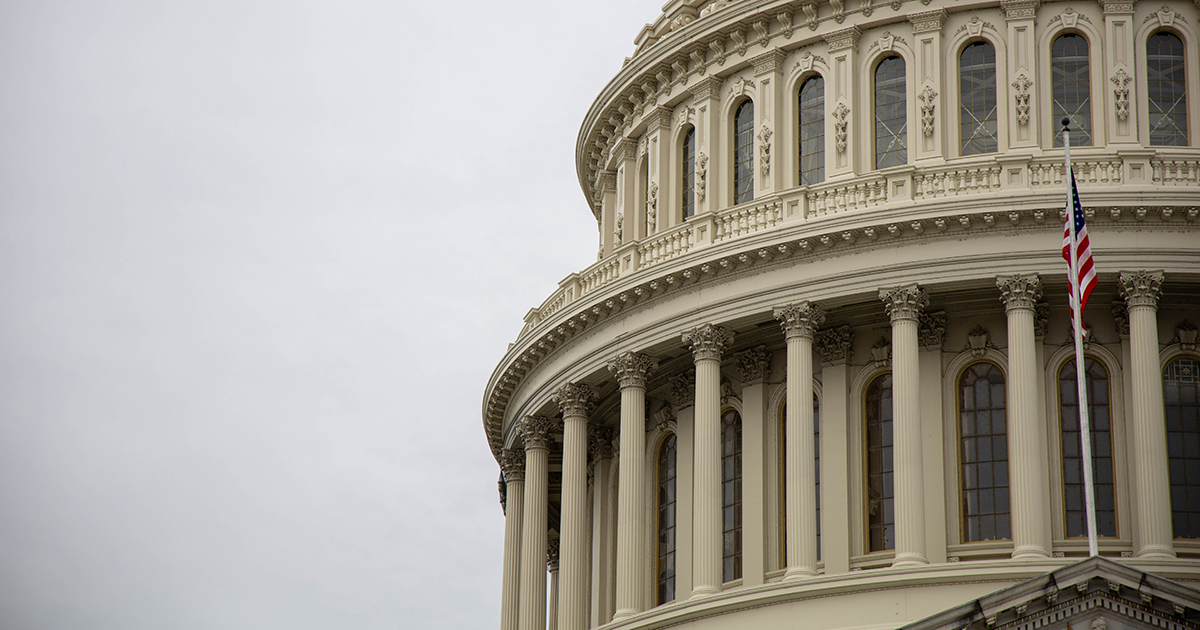👉 Note: Assumes 37% marginal tax rate. Simplified for illustration.
🎯 What Can You Use That $90,000 Deduction For?
1. Offset Other Passive Income
If you’re a typical real estate investor (i.e., not a Real Estate Professional for tax purposes), then that $90,000 can be used to offset:
- Rental income from other properties
- K-1 income from passive real estate syndications
- Income from limited partnerships or passive business investments
2. Carry It Forward Indefinitely
If you don’t have enough passive income to use it all in the current year, you can carry forward the unused deduction indefinitely.
- Building up a "loss bank" for future Years
- Offsetting income in years when you sell and have big gains
3. Offset Active Income (if you qualify as a Real Estate Professional)
If you (or your spouse) qualify as a Real Estate Professional (REP) under the IRS rules, then you may be able to use that $90,000 deduction to offset:
- W-2 income
- Business income
- Capital gains from non-passive activities
4. STR (Short-Term Rental) Loophole
If the property generating the bonus depreciation is a short-term rental (average stay under 7 days) and you materially participate, the IRS may allow you to treat that income as non-passive—and therefore use those losses to offset active income.
As the chart shows, using bonus depreciation in year one can eliminate your federal tax burden on rental income—and even create passive losses you may carry forward. This unlocks more deployable capital for additional acquisitions or improvements.
North Carolina conforms to federal depreciation schedules. While not all states do, this alignment means Raleigh investors can fully benefit from this provision at both state and federal levels—unlike some Northeastern or Western states.
The bill also redefines the interest deduction limit based on EBITDA (earnings before interest, taxes, depreciation, and amortization), rather than EBIT. This is especially favorable to value-add investors using leverage—now you can deduct more interest, even if you’re depreciating aggressively.
While the bill offers real opportunity, it’s not without caveats:
- Sunset Dates: Bonus depreciation and interest deductibility provisions are set to expire by 2030, meaning your window to act is limited unless Congress acts again.
Federal Deficit Pressures: The bill is projected to add ~$3 trillion to the deficit, which could push up interest rates over time and impact cap rates.
State Decoupling: Some states may decouple from these provisions—always check with your tax advisor on how North Carolina treats federal provisions (currently NC conforms, but this could change).
Whether you’re planning to scale your portfolio or restructure for efficiency, this is a moment to get proactive:
🧮 Run cost segregation studies early for best ROI.
💼 Work with a knowledgeable CPA who understands real estate-specific depreciation planning.
💬 Have conversations with your attorney or legal team around deal structures, especially if using LPs or syndications.
While the One Big Beautiful Bill may be politically charged, the fact remains—it has been signed into law. As investors, it’s not only our right but our responsibility to leverage every tool available to build resilient and profitable businesses. Navigating the ever-evolving legislative landscape is part of that work.
The OBBB provides real opportunities to amplify returns on well-underwritten deals and potentially offset the impact of today’s higher borrowing costs.
It’s no silver bullet—but it’s a powerful tool to keep in your investment arsenal.
🛑 Disclaimer: This article is for informational purposes only and should not be considered tax or legal advice. Consult with your CPA or attorney regarding your specific investment and entity structure.



